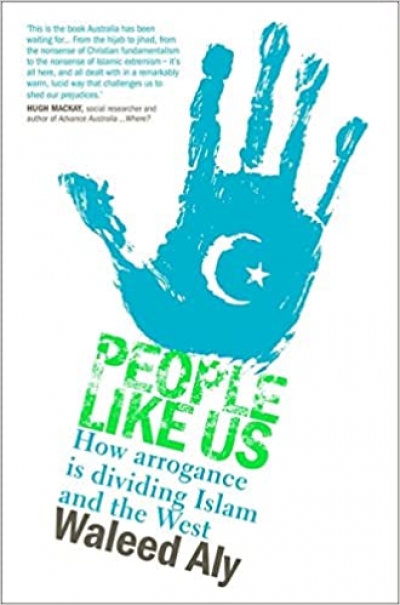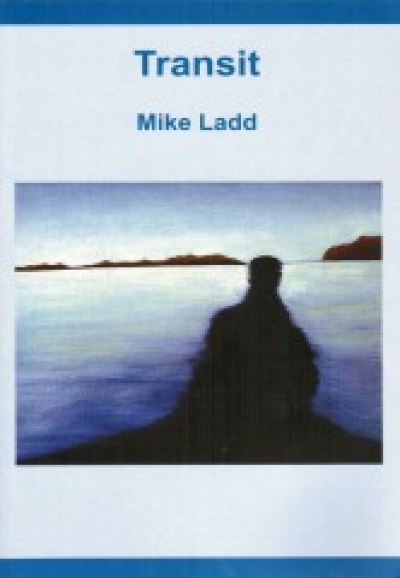Archive
The Israel Lobby and US Foreign Policy by John J. Mearsheimer and Stephen M Walt
Historian John Nicholson has never written about war or sport – two of the pillars of Australian identity – yet he remains our leading writer of history for young people. I reviewed Songlines and Stone Axes (ABR, April 2007), the first book in a five-volume series of trade, transport, and travel within Australia. The book won the Young People’s History Prize in the 2007 New South Wales Premier’s History Awards, recognition that should ensure a wider audience. Songlines and Stone Axes revealed the extensive symbolic and material exchange within and between Aboriginal and Torres Strait Islanders, blending patient research of scholarly journals with a firm sense of what will catch a younger reader’s interest and imagination. The book requires readers to re-examine their understanding of Australia’s first people, and reflect again on the country that Europeans entered.
... (read more)Calling for a revolution in higher education
Dear Editor,
In his victory speech on 24 November 2007, Kevin Rudd reaffirmed education as a key priority for the future of this country. We believe that a true education revolution must include a new wave of higher education reform - reform that will redress the imbalances that have characterised the sector of the last decade or more. Such reform should redirect resources back into the core university activities of teaching and research. We urge immediate attention and commitment to the following:
... (read more)Two Essayists Share $10,000 Prize
This year’s Calibre Prize for an Outstanding Essay has been won by Rachel Robertson and Mark Tredinnick. This is the first time that the Calibre Prize – a joint initiative of ABR and of the Copyright Agency Limited – has been shared (last year’s winner, in the inaugural year, was Elisabeth Holdsworth).
One hundred and twenty-seven essayists entered the competition, an increase on last year. The judges on this occasion were Kerryn Goldsworthy (a former Editor of ABR), Paul Hetherington (Director, Publications and Events, National Library of Australia) and Peter Rose (Editor of ABR). Their choice was not an easy one. Eighteen essays were long-listed, across a range of essayistic genres, from the personal, the speculative and the journalistic to the political and the historical. More so than last year, ecological and environmental themes were prominent, as if a decisive review of priorities and menaces is under way in the popular imagination.
... (read more)Blubberland by Elizabeth Farrelly & Two Kinds of Silence by Kathryn Lomer
T/here
By Judith Bishop
This is not a place for candles, or the scent of red cedar
gathered on a hill to burn, or native plum, lit at night
to hold the urgent dead at bay: you won’t wake to hear
the click of brumbies’ hooves on a road that flows
to where the humans are, or blink to see the mob
jittering in the dawn air:
this is not a house
of language, in the first sense of the word, the one
in which it made the world, this is not a place of origin,
ground, or single source: this is not a road for drinking
in the middle of the night: you won’t see
the ink of fire moving night and day across






